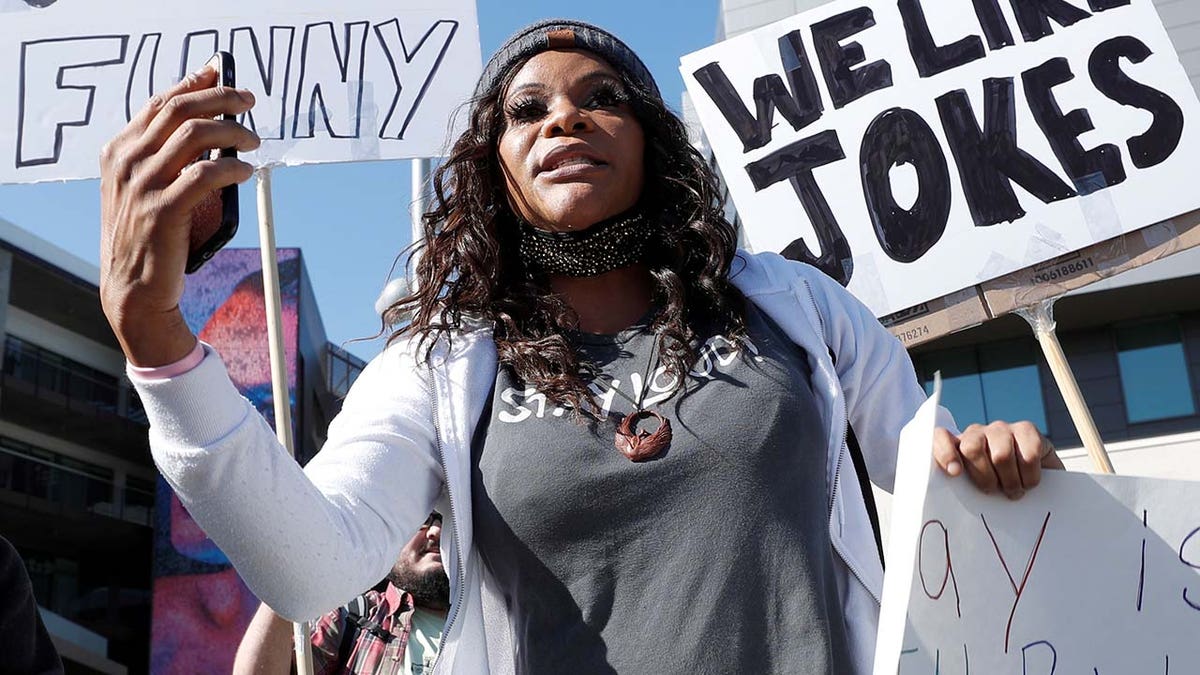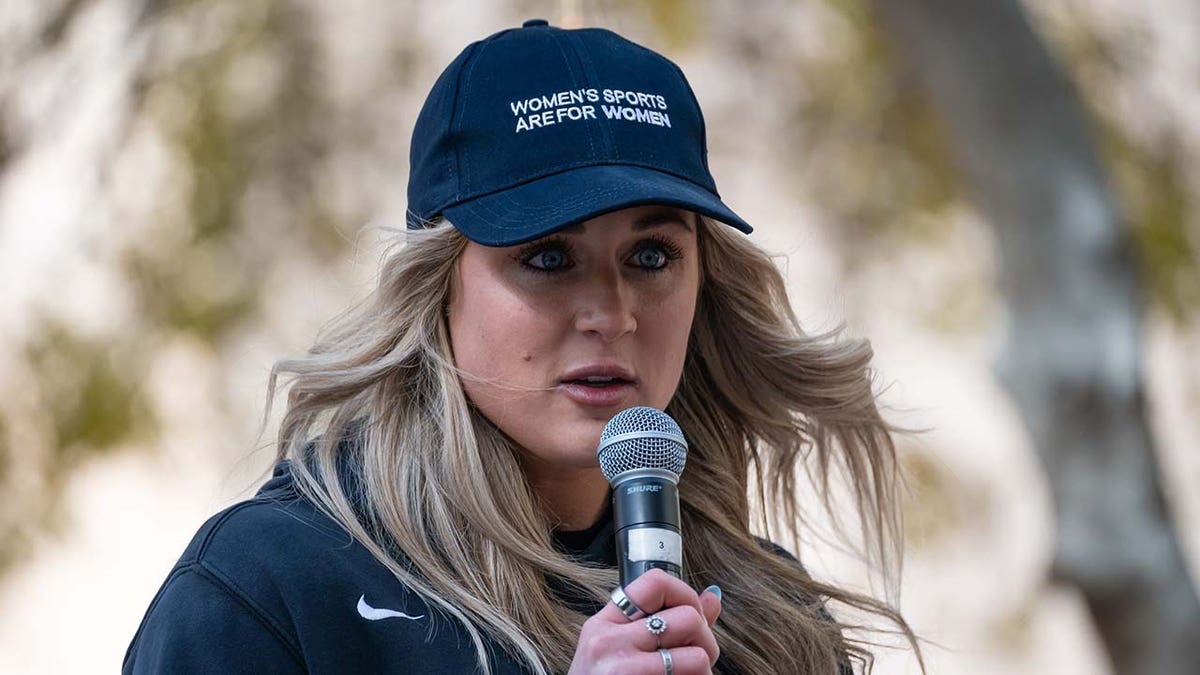A recent debate between trans activist Blossom Brown and former NCAA swimmer Riley Gaines on "Piers Morgan Uncensored" ignited a discussion about the future of gender in sports. Brown suggested that the upcoming Los Angeles Summer Olympics should be gender-neutral, even proposing the possibility of Olympians and Paralympians competing together. This sparked a heated exchange with Gaines, who has been a vocal advocate for fairness in women's sports.

The debate stemmed from former President Donald Trump's executive order aiming to ban transgender athletes from women's sports. Brown, when pressed by Morgan on the rationale for separating men and women in sports, dismissed the premise as "conservative propaganda" and emphasized gender identity over biological sex. Later, Brown explicitly endorsed the idea of gender-neutral Olympics. Gaines countered, arguing that inherent biological differences necessitate separate categories in sports, much like weight classes in boxing or the distinction between the Olympics and Paralympics. She emphasized that these distinctions are not discriminatory but rather ensure fair competition.

Gaines, host of the "Gaines for Girls" podcast, has been a staunch supporter of Trump's executive order. She believes it promotes fairness and levels the playing field for female athletes. She highlighted the inherent physical differences between men and women, asserting that these differences create an uneven playing field if disregarded in competitive sports. When Gaines questioned Brown about the implications of combining Olympic and Paralympic competitions, Brown responded with indifference, suggesting, "Why not?"

Brown's comments follow Trump's executive order directing federal agencies to review policies that don't align with his administration's stance on transgender athletes in women's sports. The order aims to protect "safety, fairness, dignity, and truth" in women's sports and mandates strict Title IX enforcement, potentially withholding federal funding from non-compliant institutions. Several states have already expressed resistance to the federal directive.
Comments(0)
Top Comments